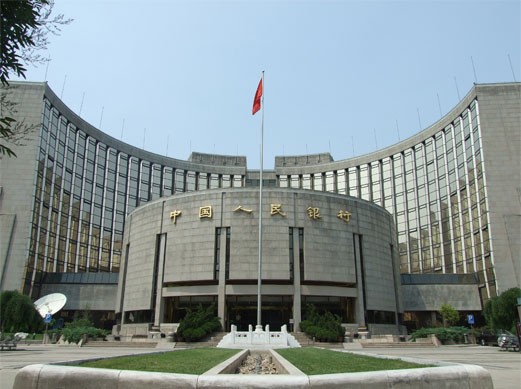Although Jack Ma, one of China's top businesspeople, praised President Xi Jinping's "new normal" economic period, in which rapid growth is slowed down to medium-to-high growth, both Beijing and the People's Bank of China (PBOC) have approached economic matters with a renewed fierceness.
Economic analysts viewed the PBOC's interest-rate cut, announced on the weekend, as part of a more aggressive Chinese administration that is seeking to accelerate growth and raise employment levels.
The central bank's news was the body's second interest rate cut within a four-month period and occurred at the same time as the release of last month's manufacturing Purchasing Managers Index (PMI). February's manufacturing PMI was just above the 28-month-low result of January, which registered 49.8, rising marginally higher to 49.9.
However, even though February's index figure was a slight improvement, the PMI remained under the median of 50, which means that China's manufacturing industry continues to shrink.
For Lian Ping, chief economist at Bank of Communications, Beijing remains focused on a growing economy, even though the pace of growth has been slowed down.
He told China Daily: "Maintaining growth is now the most important task for the leadership."
The observations of Lian's counterparts expect Xi's office to approve the channeling of more funds into government-led investment projects, in addition to the provision of a greater amount of incentives to attract the attention of private investors and buyers.
China Daily also spoke with Liu Ligang, China's chief economist for the Oceania region's ANZ Bank, who said that a new cycle of monetary easing has commenced, and a 25 basis point cut in the deposit rate may eventuate in the latter part of 2015.
Additionally, Wang Tao, chief economist at UBS AG, spoke about the issue of credit growth, as many are questioning its "effectiveness in stimulating growth."



























